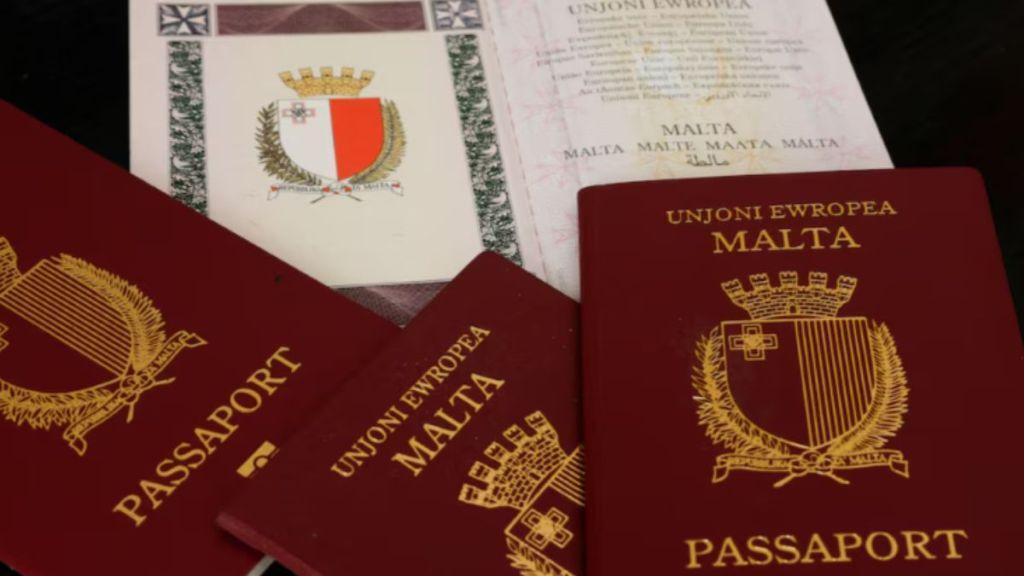
European Citizenship Not for Sale: EU on Malta’s ‘Golden Passport’ Ban
In a significant move, the European Union’s top court has banned Malta’s ‘Golden Passport’ scheme, which allowed wealthy foreigners to buy citizenship in exchange for an investment of around €1 million. The scheme, which was launched in 2013, had been a lucrative source of revenue for the Maltese government, but it has now been deemed “illegal” by the court.
The European Commission, the executive arm of the EU, has welcomed the court’s decision, saying that European citizenship is not for sale. “European citizenship isn’t for sale,” a spokesperson for the Commission said. “We welcome the court’s decision to strike down the ‘Golden Passport’ scheme, which was a clear breach of EU law.”
The ‘Golden Passport’ scheme allowed wealthy individuals to purchase Maltese citizenship in exchange for an investment of at least €650,000 in government bonds or a property worth at least €350,000. The scheme also required applicants to make a donation to a Maltese charity or foundation.
However, critics of the scheme had long argued that it was an abuse of EU citizenship rules, as it allowed individuals to buy their way into the union without meeting the usual requirements of residency, language proficiency, and integration. The scheme was also seen as a way for wealthy individuals to circumvent EU laws on tax evasion and money laundering.
Malta’s government had defended the scheme, arguing that it was a successful way to attract foreign investment and boost the country’s economy. However, the European Commission had been investigating the scheme since 2019, and last year, it launched legal proceedings against Malta to have the scheme struck down.
In its ruling, the court found that the ‘Golden Passport’ scheme violated EU law by allowing individuals to purchase citizenship without meeting the necessary requirements. The court also found that the scheme was not transparent, as the Maltese government had failed to provide sufficient information on the scheme’s beneficiaries and the criteria used to award citizenship.
The Maltese government has said that past recipients of the scheme will not be affected by the court’s decision, and that they will still be able to enjoy the benefits of Maltese citizenship. However, the government has also announced plans to introduce a new citizenship by investment scheme, which will be subject to stricter criteria and greater transparency.
The ban on the ‘Golden Passport’ scheme is a significant blow to Malta’s economy, as it had been a major source of revenue for the government. However, the EU’s top court has made it clear that European citizenship is not for sale, and that member states must respect the principles of transparency and accountability in their citizenship policies.
The ‘Golden Passport’ scheme was not the only citizenship by investment scheme in the EU, but it was one of the most controversial. Other countries, such as Cyprus and Portugal, had also introduced similar schemes, but they had been subject to stricter criteria and greater transparency.
The EU’s decision to ban the ‘Golden Passport’ scheme sends a clear message to member states that European citizenship is not a commodity that can be bought and sold. It also highlights the importance of transparency and accountability in the citizenship process, and the need for member states to respect the principles of EU law.
As the EU continues to grapple with issues such as migration and border control, the ban on the ‘Golden Passport’ scheme is a significant step towards ensuring that European citizenship is valued and respected. It is a reminder that European citizenship is a privilege that must be earned, not bought, and that member states must work together to protect the integrity of the EU’s citizenship policy.



